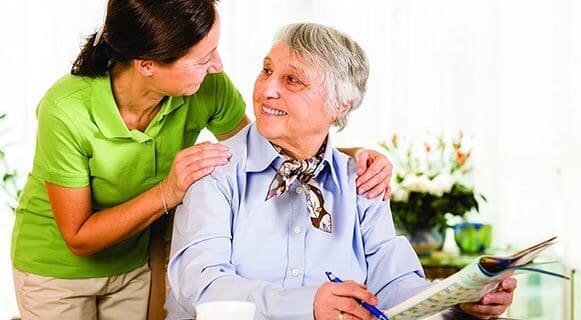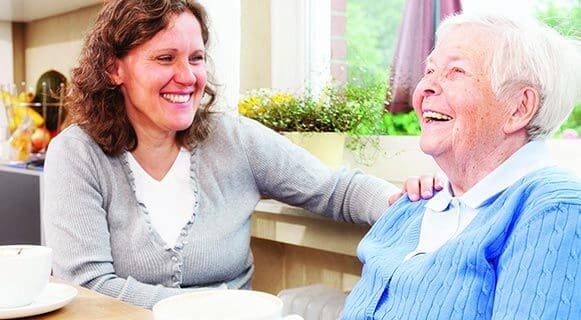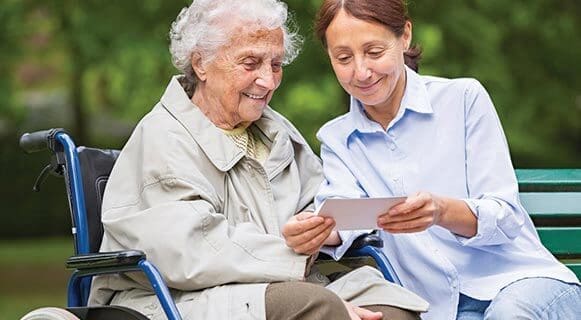IP Live in Care and the Coronavirus outbreak
IP Live in care and the coronavirus update focus is to keep those we help find good live in carers for safe and well. As such, care matching still being carried out, and we want our customers to know that infection control is being taken very seriously. We strongly advise you to to strictly follow the latest Government and Public Health England (PHE) Coronavirus (COVID-19) guidance. You can also read our latest blog post on live-in care and Coronavirus outbreak for more information.
If you or your loved one require care, we’re open, and still taking helping new customers. We still offer our live-in carer finding services, even starting new care arrangements within 48 hours.
We hope that this information and advice has been helpful in letting everyone know what we need to do to stay safe and protect each other. Let’s continue do everything we can to prevent the spread of Coronavirus, and to reduce the risk of those we care for becoming seriously ill.
At IP Live in Care, we want to ensure that both your carers and those they care for remain as safe as possible during the Coronavirus pandemic. As such, it’s important that you still follow NHS guidelines in order to help prevent the spread of the virus. If we all observe these guidelines, we have the best chance of not infecting ourselves, each other, and those we care for.
Although it is possible for people of all ages to catch the virus, there are certain groups who are classified as being at a higher risk. Individuals who may become seriously ill include those who:
- Have had an organ transplant
- Are undergoing treatment for cancer
- Have severe lung conditions, including asthma and COPD
- Are taking medication that weakens their immune system
- Have a serious heart condition
- Are over the age of 70
- Are diabetic
Since many of our customers fall into these categories, it’s crucial that we all do our upmost to keep each other safe and well.
What are the symptoms of Coronavirus?
The two most common symptoms of Coronavirus are:
- A high temperature or fever – 37.8C or greater
- A new, continuous cough – this means coughing for more than an hour, or 3 or more coughing episodes in 24 hours
If you begin to experience the symptoms of Coronavirus, you will need to stay at home for 7 days. If you live with someone who starts showing Coronavirus symptoms, you will need to stay at home for 14 days.
If you feel unwell, it’s important that you do not visit a GP surgery, hospital or pharmacy. Instead, call 111 for advice.
How to prevent Coronavirus
In accordance with the most advice, the most effective Coronavirus prevention method is still to stay at home more than you might otherwise do so. You should only have to leave your house for one of four reasons:
- Shopping for necessities (e.g. food and medicine)
- Exercise (alone or with someone in your household)
- Medical needs, or to provide care or help to a vulnerable person
- Travelling to or from work (only if absolutely necessary, and if there is no option to work from home)
Now restrictions have ended we understand that people want to go out like normal times but this isnt yet normal times. Please consider carefully how much risk going out presents to you and your carer, try to choose places that are well ventilated and not crowded. We recommend that large gatherings, particularly indoors should be avoided. We don’t think it will be much longer now but there is still a risk to us all regardless of our vacination status. You will not be immune if you have had a vacine and you are still a some risk. The good news is that this can be managed with a little care.
Stopping infection spreading
While the Coronavirus outbreak is continuing to be with us, there are things we can do to stop ourselves or those we live with becoming ill. The advised precautions against Coronavirus include:
- Wash your hands with soap and water, for at least 20 seconds
- Use hand sanitizer gel if soap and water are unavailable
- If you leave the house, the first thing you should do upon your return is wash your hands
- Cover your mouth and nose with a tissue or your sleeve if you cough (not your hands)
- Put used tissues in the bin and wash your hands immediately afterwards
- Do not touch your eyes, nose or mouth if your hands are not clean
- Avoid shaking hands with other people
- Do not share cutlery or crockery
- Clean work surfaces as frequently as possible with anti-bacterial solutions
- Do not meet in large groups inside
- Still try to stay more than 2 metres apart from other people when out in public (e.g. in supermarkets)
For more information on the services we provide, contact one of our friendly experts today. Alternatively, you can call us on 0330 0535014, where a member of our team will be more than happy to discuss your care needs.



